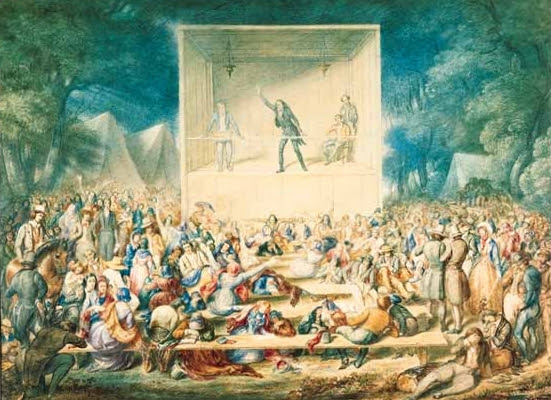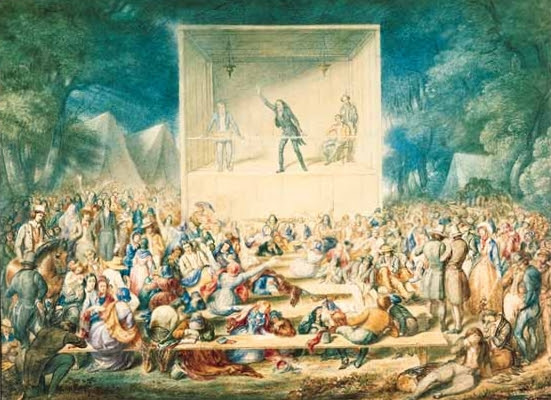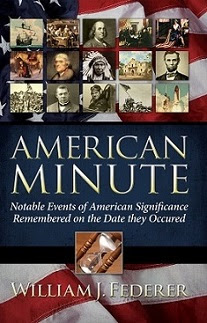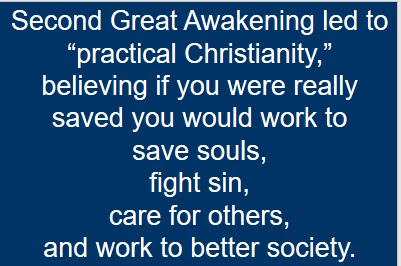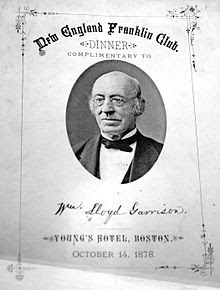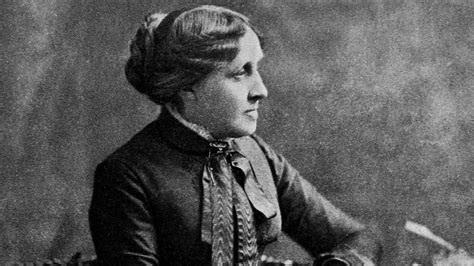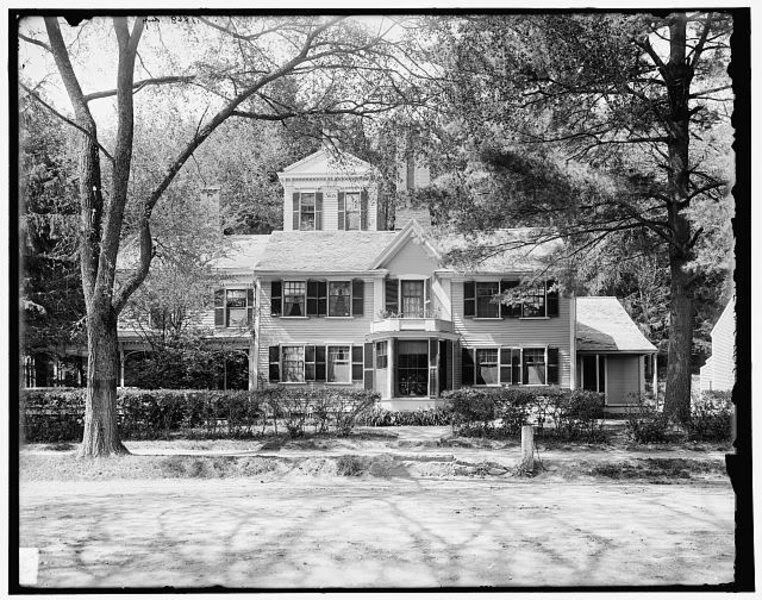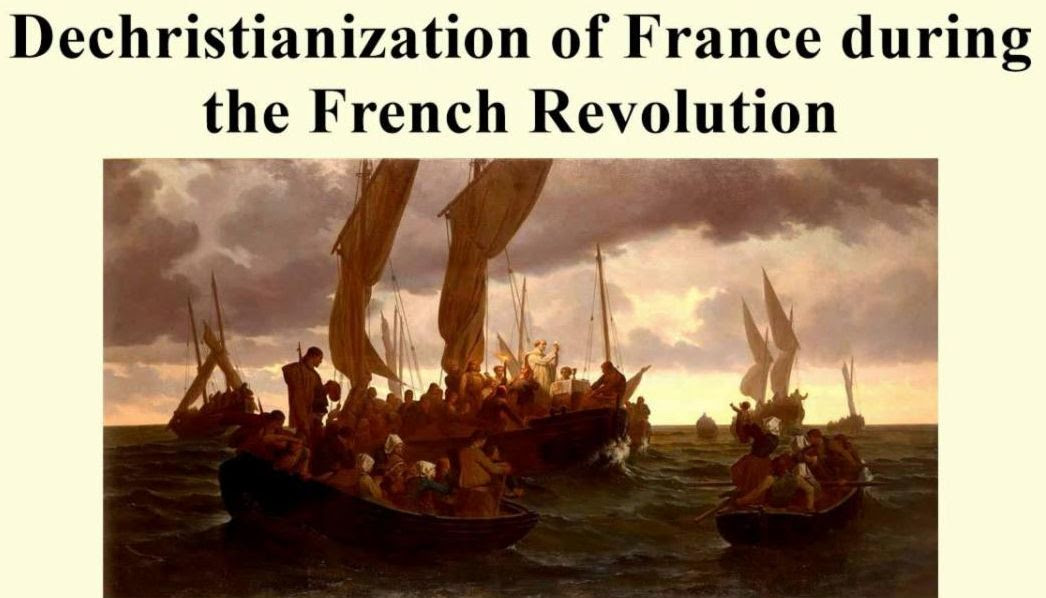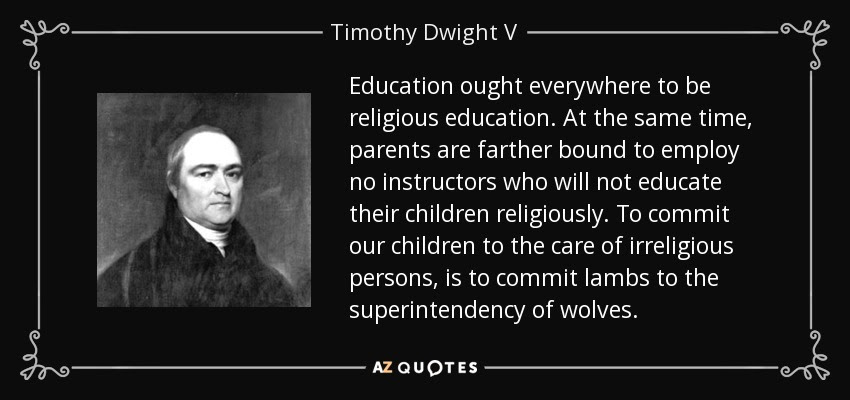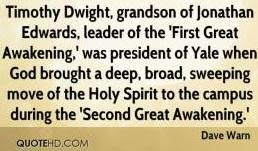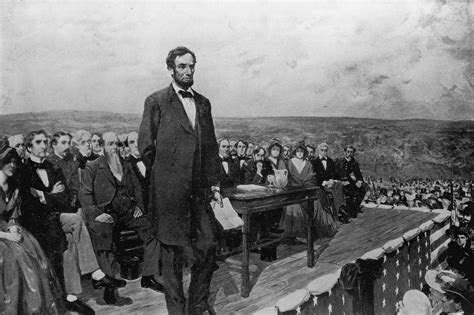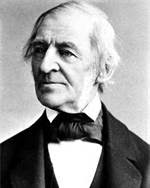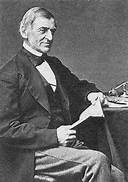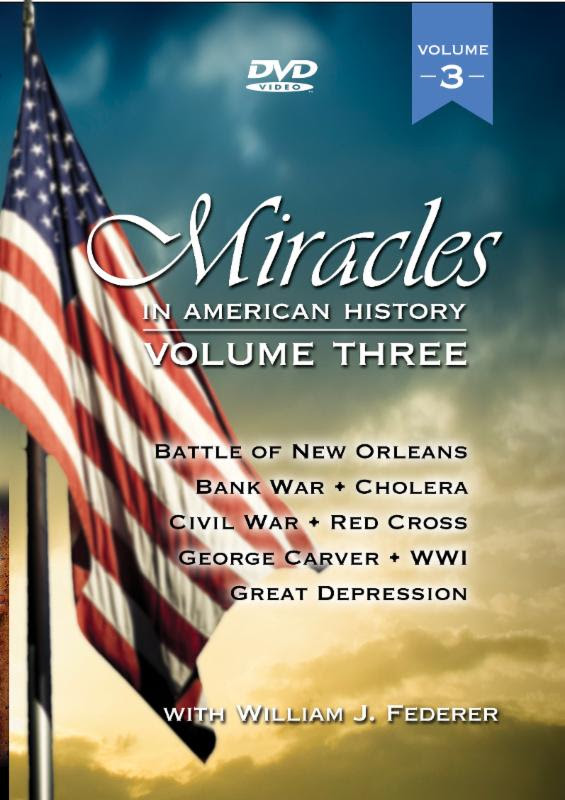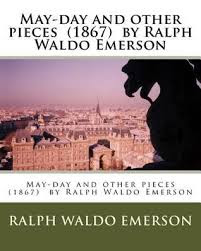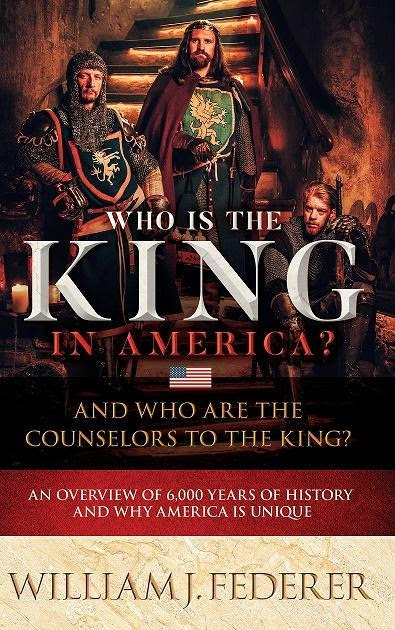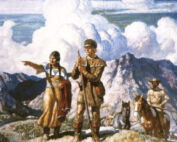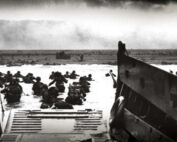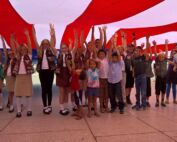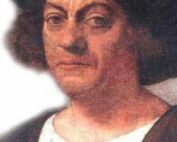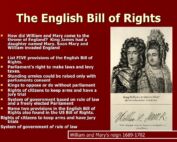Abolitionist Poets: William Lloyd Garrison, Louisa May Alcott – American Minute with Bill Federer
Categories: American Minute with Bill Federer║Published On: May 27th, 2021║Tags: Abolitionist poets, American abolitionist movement, Henry David Thoreau, Historical impact of poets, Influence of poets on abolition, Louisa May Alcott, Nathaniel Hawthorne, Ralph Waldo Emerson, Second Great Awakening, Social change in the 1800s, Theodore Parker, Transcendentalism, Unitarian Christianity, William Ellery Channing, William Lloyd Garrison║Views: 4480║4437 words║
|
|
|
|
|
|
|
|
|
|
|
|
|
|
|
|
|
|
|
|
|
|
|
|
|
|
|
|
|
|
|
|
|
|
|
|
|
|
|
|
|
|
|
|
|
|
|
|
|
|
|
|
|
|
|
|
|
|
|
|
|
|
|
|
|
|
|
|
|
|
|
Previous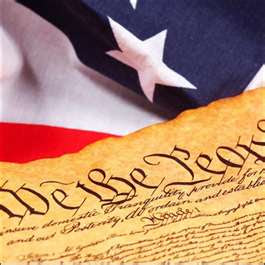 We The Kids "Constitution in the Kitchen" with author Lydia Wallace Nuttall
We The Kids "Constitution in the Kitchen" with author Lydia Wallace Nuttall
 We The Kids "Constitution in the Kitchen" with author Lydia Wallace Nuttall
We The Kids "Constitution in the Kitchen" with author Lydia Wallace NuttallNext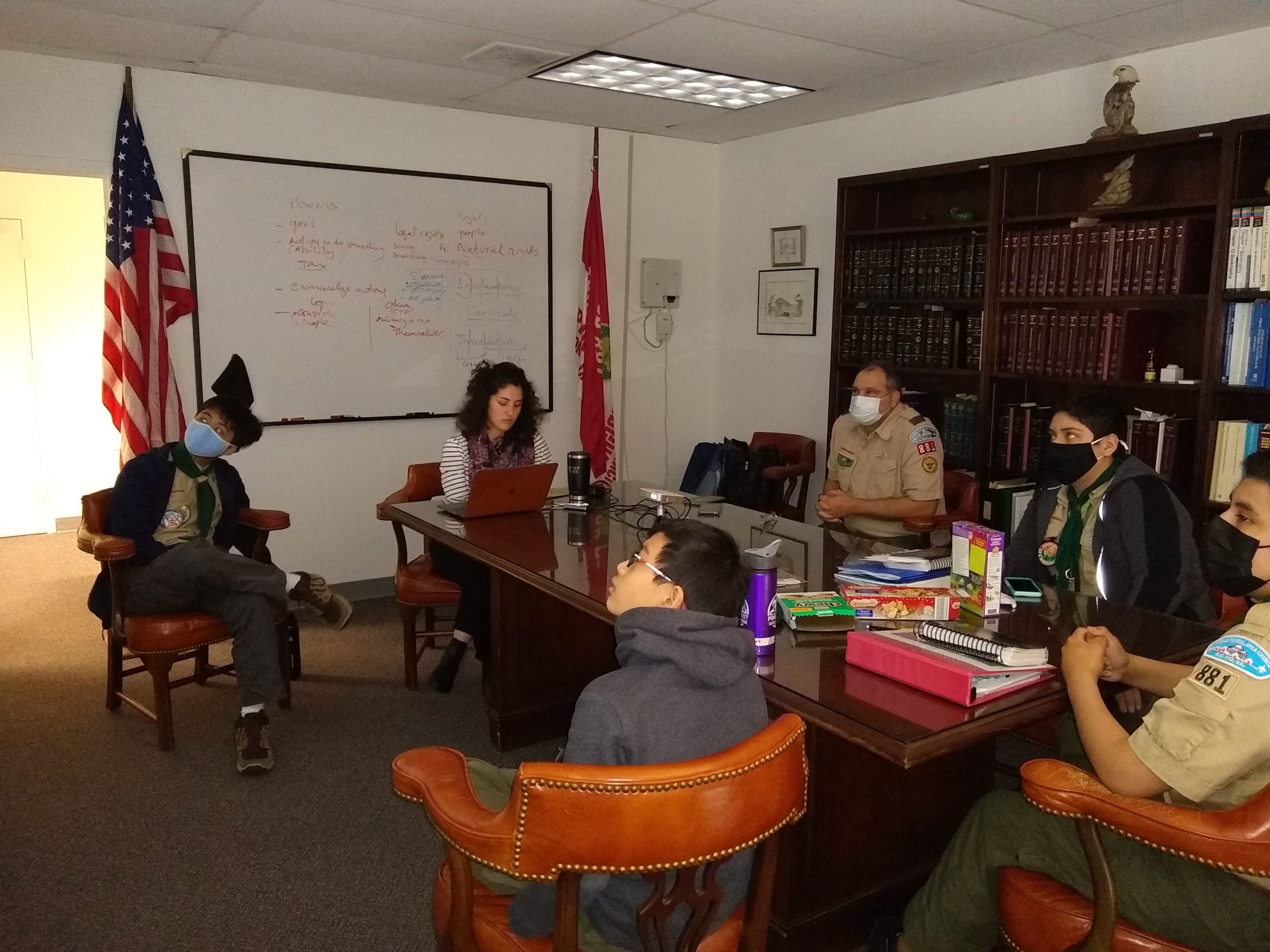 Happy Independence Day - Troop 881's Scouts, Springfield, VA
Happy Independence Day - Troop 881's Scouts, Springfield, VA
 Happy Independence Day - Troop 881's Scouts, Springfield, VA
Happy Independence Day - Troop 881's Scouts, Springfield, VARecent Posts
Judy Frazier2023-12-30T23:28:53-05:00
Kit Carson, Jim Bridger, & the Mountain Men
American Minute with Bill Federer
Judy Frazier2023-12-30T23:28:46-05:00
Disabled veteran needs help replacing bridge that often floods, trapping him at home
June 7, 2019
Judy Frazier2023-12-30T23:28:29-05:00
D-Day “A Struggle to Preserve our Republic, our Religion & our Civilization”
American Minute with Bill Federer
Judy Frazier2023-12-30T23:28:06-05:00
American Minute with Bill Federer Voyages that Changed the World
May 17, 2019
Judy Frazier2023-12-30T23:27:33-05:00
The English Bill of Rights was an act signed into law in 1689
May 14, 2019

